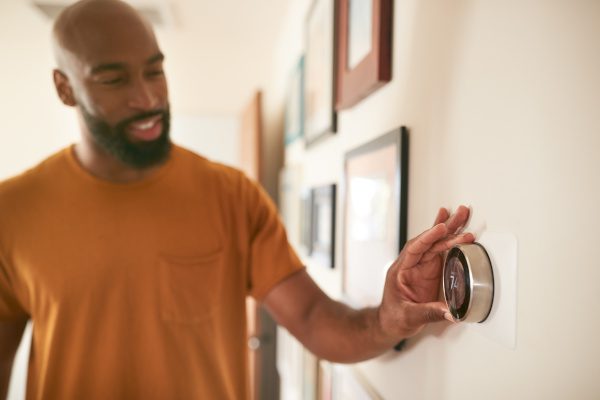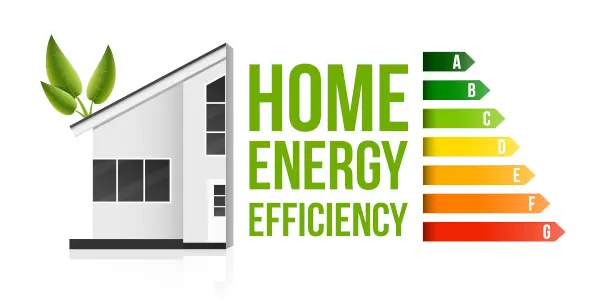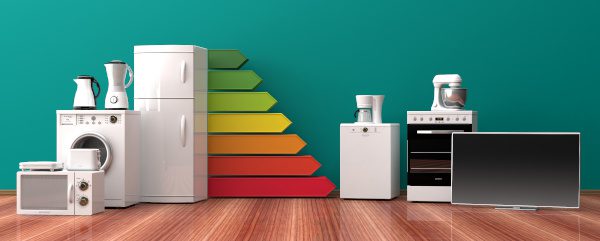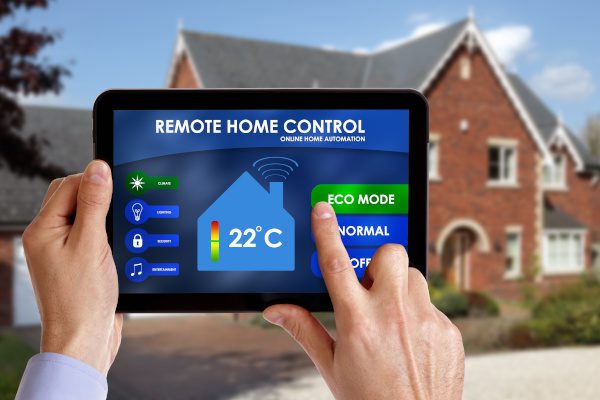Have you considered how small habits and changes to your home could result in a huge impact on the environment? Not to mention your pocket! These tips below could save you over £100 per year on your energy bills.
One of the most fundamental habits to establish and maintain is to ensure that you shut off the lights after you leave a room. Set a reminder this until you develop an habit of doing this in a subconscious way. You can save a large part of your monthly electric costs simply by doing something as simple as this every day.
1. Switch off the lights after you leave a room
The most basic habit to build and nurture is to make sure you turn off all lights before leaving an area. Create a habit of doing this until you develop an habit of doing this automatically. You could save a large portion of your monthly energy costs by doing something as easy as this every day.
2. Make use of LED lights.
Many houses are shifting towards smart LED lighting because they look elegant and inexpensive, but they are also much better than halogen bulbs.
3. Moving to appliances that are more energy efficient
Refrigerators and dryers are among the appliances that consume the most energy in the home. Replacing them with more efficient models could reduce the amount of electricity used by half, which will reduce the amount of electricity you pay for. Installing heat pumps is a different option to cut down on electricity usage. In general, ensuring that you maintain and replace appliances each year will reduce the impact on your electric consumption.
4. Unplug devices
It is not necessary to mention how crucial it is to unplug your devices when they are not in use. Do not keep devices in standby mode, but instead disconnect them to save your energy bill, as well as the environment. A microwave not in use consumes a surprising amount of energy, turn it off at the wall!

Man Adjusting Digital Central Heating Thermostat At Home
6. Maintain the thermostat at the lower temperature
Try to keep your thermostat in a lower range of 17 degrees. This could significantly improve your comfort and help you save energy costs. Utilizing a smart thermostat that can be programmed is even more beneficial.
7. Utilize smart devices for automation.
Smart devices that automate your life can cut down on your energy costs even if you don’t remember to. The smart automation system will know when you’re not making use of a device, and then turn off the power source.
8. Use double glazing on windows & doors
Double-glazed windows and doors are an ideal choice to modern-day homes since they are able to significantly reduce emission of greenhouse gasses caused by cooling and heating, thereby cutting your carbon footprint, and in turn, lowering your energy costs.
9. Cook with the lid on
This is a easy way to cut down on energy consumption. By cooking with a lid, you’re ensuring to reduce the time of cooking and the amount of water used.
10. Get a Smart Meter
Smart meters are an excellent way to know how much power you’re using and will allow you to keep check on your usage in real time, and also where you can cut it.
11. Washing at a low temperature
Wash your clothes at 30 degrees (C) can save you up to £35 a year. Also only wash full loads, the so-called “1/2 wash” feature on some washing machines doesn’t save much, do full loads and fewer per week and you’ll save a significant amount of energy and water.
12. Solar-powered devices powered by solar
Today, you can purchase an energy-efficient version of nearly all the electronic devices you use at home. Making small changes and making use of more solar-powered electronic devices can make a huge difference and reduce the expenses for maintenance and replacement of the electronics you use.


